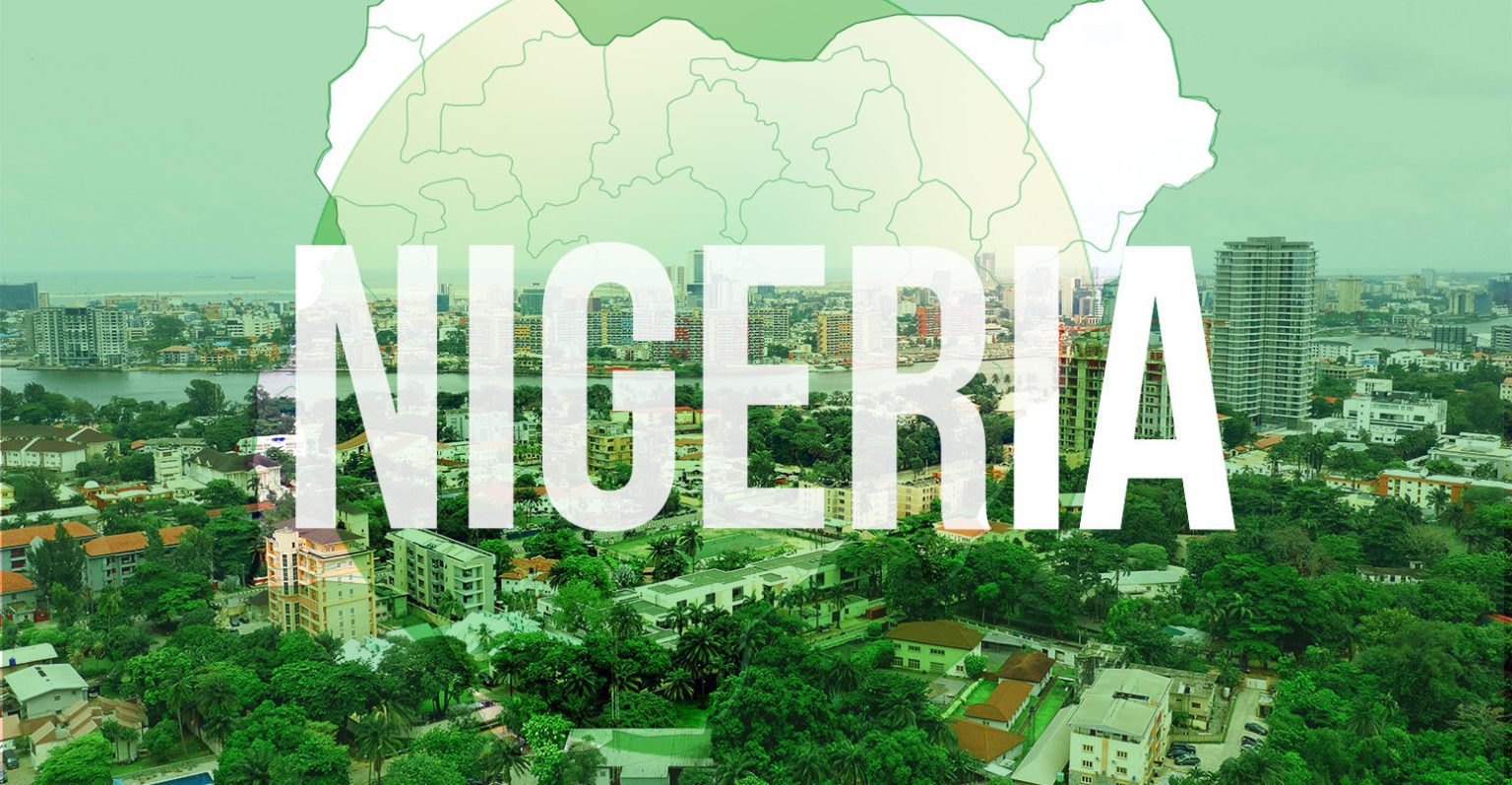There are concerns that Nigeria may not export cocoa to European Union markets, if it is incapable meeting Deforestation-Free Regulation (EUDR) by December 2025. This is because, as the fourth largest producer of cocoa in the world, the nation is a major player in the global market, and failure to adhere to EUDR compliance would have an impact on the sector as over 60% of the country’s cocoa is exported to the European market.
The EUDR is a regulatory framework for addressing the environmental consequences of deforestation, which is a key component of the EU Green Deal and aligns with the Union’s overall strategy to safeguard forests around the world. The rule establishes criteria for determining, which items are deforestation-free and mandates businesses to use sustainable sourcing procedures and traceability mechanisms to ensure that their supply chains do not contribute to deforestation. EU’s goal is to alleviate pressure on forests and safeguard biodiversity by fostering openness and accountability in essential commodity production.
The European Parliament endorsed the initial proposal for the EUDR in 2022 and it took effect on June 29, 2023 while it was due to go into effect on December 30, 2024, but is now to take effect on December 30, 2025. The regulation requires all cocoa and other listed commodities imported into the EU to be deforestation-free, legally-produced and fully-traceable while small and micro businesses are allowed a longer transition period. The Federal Government, in a bid to strengthen compliance measures in the cocoa industry against deforestation practices, held the Nigeria-EU Cocoa Roundtable on EUDR Compliance at the State House in Abuja to put in place strategies for compliance in order to meet the deadline.
According to the Senior Special Assistant to the President on Agribusiness and Productivity Enhancement, Dr. Kingsley Uzoma, Nigeria seems ready and resolute to meet the European Union Deforestation Regulation (EUDR) compliance framework. The presidential aide revealed that the essence of the discussion on the EUDR compliance framework, which prohibits the import of cocoa and other commodities linked to deforestation after December 2020, requires traceability, due diligence and proof of deforestation-free supply chains, reinforcing environmental stewardship. The roundtable afforded senior policymakers, state governments, cocoa farmers’ associations, exporters, development partners and the civil society actors the opportunity to align with the country’s readiness for EUDR compliance, launch a roadmap for traceability and sustainability in cocoa production, identify areas for technical support, financing, and policy harmonisation, among others.
Uzoma affirmed that “cocoa is a cornerstone of Nigeria’s economic diversification agenda, standing as a strategic non-oil export that fuels our transition from petroleum dependency”. Africa produced 3.151 million metric tonnes of cocoa in 2023/2024, with Nigeria contributing 320,000 tonnes and seeking to expand output to 500,000 tonnes by 2025 through focused initiatives. “According to the National Bureau of Statistics, cocoa exports in Nigeria experienced a 606 per cent increase in the last quarter of 2024. Nigeria’s cocoa exports rose from about N171 billion in the last quarter of 2023 to N1.2 trillion. This remarkable growth reflects, not only global demand, but the resilience and potential of Nigeria’s agricultural sector”, he said.
On his part, the Minister of Agriculture and Food Security, Senator Abubakar Kyari said Nigeria did not have an option, but to put in place a compliance mechanism so that “the commodities exported from Nigeria to Europe will not face the ban we have seen ahead. I am sure the National Task Force on EUDR, which I co-chair with the Minister of Industry, Trade and Investment, will be more galvanised and empowered to ensure that the functions of the NTF are carried out seamlessly”. The Minister of Industry, Trade and Investment, Dr. Jumoke Oduwole, said EUDR compliance was a “call to action, a platform to align national ambition with global standards and a crucial step in ensuring the resilience, sustainability and competitiveness of our cocoa value chain.
“The EU Deforestation Regulation is reshaping the way agricultural commodities are traded globally. But beyond that, Nigeria and this administration is at the forefront of climate change and climate justice and what is important to us and the use of our land for sustainability. So, without an external project, this is something that is ‘Nigeria first’ as Mr. President has put it, always. So, we are thinking first and joining the rest of the world to see how we are using our resources for the betterment of everybody. So, for Nigeria, Africa’s fourth largest cocoa exporter, it is both a formidable challenge and a transformative opportunity. With the EU accounting for over 60% of our cocoa exports, compliance is not optional”, the minister said.
The Director-General and Chief Executive Officer of the National Space Research and Development Agency, Dr. Matthew Adepoju, gave an assurance that the agency would provide special data and satellite technology to ensure compliance with the EUDR in the cocoa industry and the deadline is met. Adepoju said the issue of producing cocoa that meets the guidelines of the EU “is simply for us to show and support our farmers with space technology that, where they are producing the cocoa from in Nigeria, is actually cocoa farmlands, not that they are cutting wood forests to create a new farmland. We have centres and laboratories across the country. In the South-West alone, we have two centres and one laboratory”.
The Sustainability Manager of the Tulip Group, Dr. Taiwo Osun, disclosed that they “are strengthening traceability systems to ensure transferring supply chains from farm to export in partnership with governments and agencies that are also working together for the same purpose. Our sustainability programme focuses on farmers’ empowerment, improving livelihoods through training, fair trade practices, and climate-smart agriculture”.

